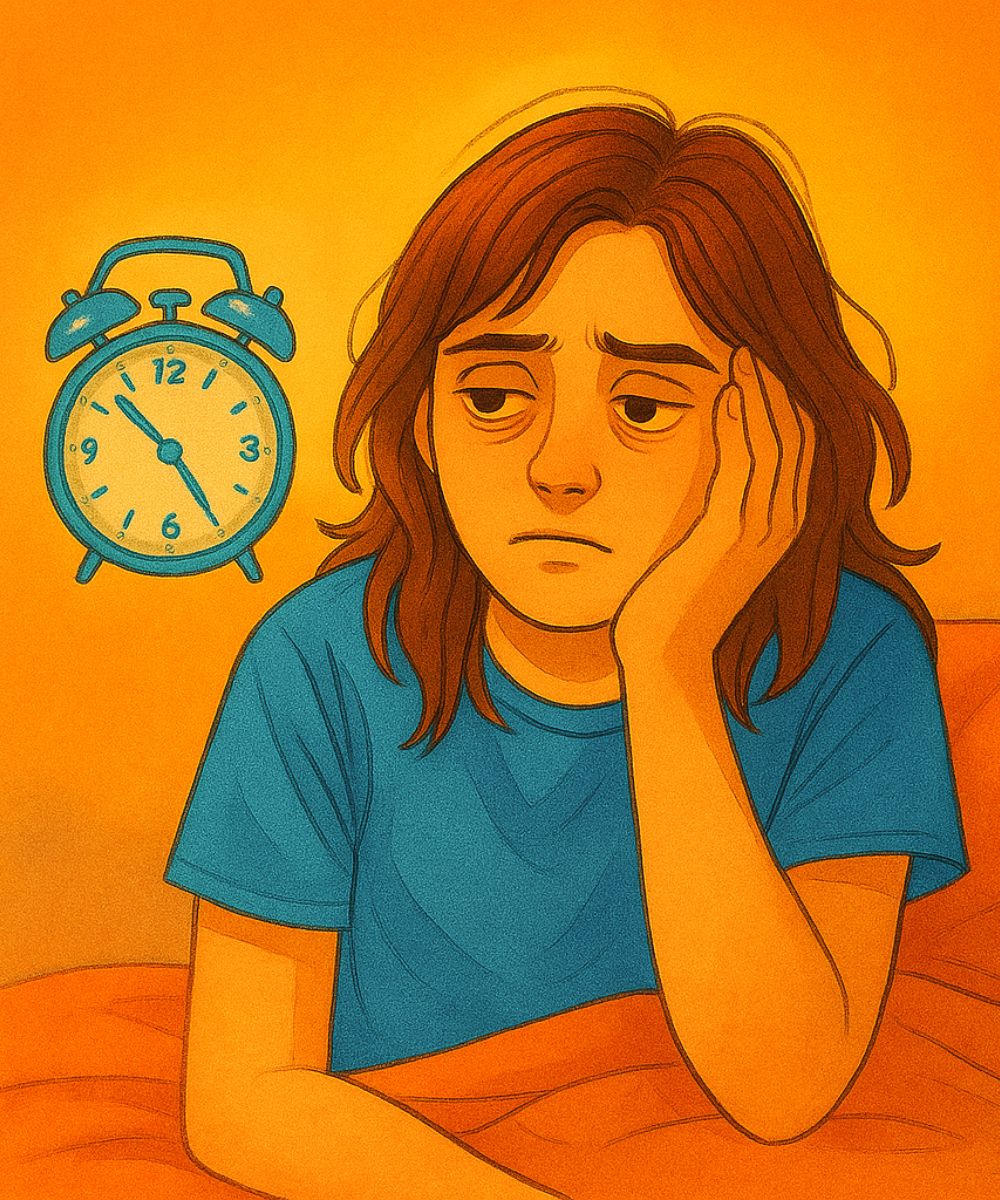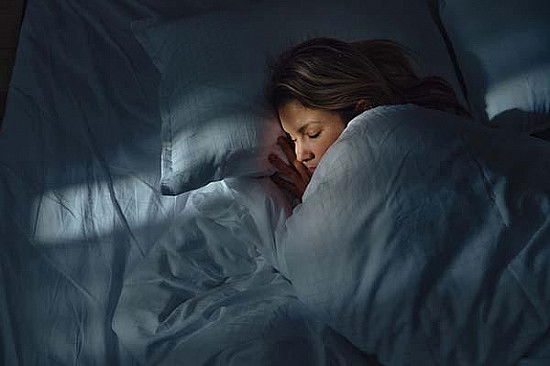
Getting 7 to 8 hours of sleep per night is a standard advice for maintaining health and energy. yet what happens when you follow that guideline yet still wake up fatigued, as if you didn’t have a good night’s sleep? This problem is more prevalent than it appears and has more underlying reasons than just “stress.” Sleeping a lot of hours does not always mean sleeping well.
If you wake up every morning feeling heavy, drained, or unmotivated, it’s time to look beyond the clock and ask yourself: Am I truly resting, or am I simply sleeping?
Why do I feel exhausted while not getting enough sleep?
Sleeping eight hours does not ensure good sleep. To be effective, the body and brain must go through particular cycles and situations. Here are some possible causes of prolonged exhaustion despite a good night’s sleep.
1. Unrefreshing sleep.

Sleeping 8 hours is insufficient; you must enter the deep stages of sleep, particularly REM sleep. If you wake up frequently during the night (even if you don’t realize it), your body will be unable to complete the cycles required for full rest.
Common Causes:
- Accumulated stress
- Ambient noises
- Bad mattress or pillow
- Inadequate room temperature
2. Sleep apnea or nocturnal respiratory problems
Sleep apnea is a condition in which breathing is momentarily interrupted during sleep, often many times per hour. Even if you’re not aware of it, your body is continually waking up to continue breathing, disrupting your sleep.
Warning Signs:
- Loud snoring
- Dry mouth upon waking
- Morning headache
- Feeling of suffocation at night
3. Poor diet.
Eating big meals, consuming too much sugar, or drinking stimulating beverages such as coffee or alcohol can all affect sleep quality. Furthermore, a diet deficient in B vitamins, iron, and magnesium might lead to chronic weariness.
4. Screen exposure before bedtime

The blue light emitted by cell phones, tablets, and televisions hinders the generation of melatonin, a sleep hormone. This disturbs the circadian clock and delays deep sleep, resulting in a sensation of “light” and unproductive sleep.
5. Emotional or mental tiredness.
Fatigue is not necessarily physical. Constant stress, anxiety, or mental overload might prevent your brain from totally shutting down even as you sleep. When you wake up, you see the result of your internal tension.
6. Lack of a consistent sleep routine
Sleeping at different times every night disrupts your biological clock. To naturally and efficiently enter and exit sleep, your body need a consistent schedule.
7. Undiagnosed health issues.
Chronic fatigue can be caused by conditions like hypothyroidism, anemia, fibromyalgia, or depression, even with adequate sleep.
It is critical to see a doctor if exhaustion remains despite changes in sleeping patterns.
What should I do if I constantly feel exhausted?
Establish a sleep routine.
Go to bed and get up at the same hour every day, even on weekends. This controls your circadian cycle and increases the quality of your sleep.
Take care of your sleeping environment
I slept in a dark, quiet, and well-ventilated room.
Use a pillow and mattress that is appropriate for your body.
Have light dinners.

Avoid fatty foods, refined sweets, and caffeinated or alcoholic beverages in the evening. Choose light foods such as soups, fruits, or relaxing natural infusions.
Practice relaxing techniques.
Deep breathing, guided meditation, and mild stretching can all help you relax before bedtime.
Schedule a medical checkup
If you’ve done everything and the exhaustion persists, the best thing to do is have tests to rule out hormone issues, sleep disorders, or dietary deficiencies.















